Every time you lift your fork, you make a decision that directly impacts your health. That simple utensil in your hand isn’t just a tool for eating—it’s a powerful instrument that can either promote wellness or contribute to disease. The food choices we make daily accumulate over time, shaping our health trajectory in ways more significant than most of us realize.
In a world filled with conflicting nutrition advice and convenience foods engineered for taste rather than health, understanding the true impact of what we eat has never been more crucial. Your fork can be your most powerful ally in preventing illness or your greatest adversary in the battle for wellbeing.
The Hidden Dangers of Processed Foods
Walk through any supermarket, and you’ll find aisles dominated by foods that have been engineered in laboratories rather than grown on farms. These processed foods aren’t designed with your health as the primary concern—they’re created to maximize profits, shelf life, and palatability.
Engineered for Profit, Not Health
Food manufacturers have perfected the science of creating products that trigger pleasure centers in our brains. They employ teams of food scientists who carefully calibrate the perfect combinations of salt, sugar, and fat—often referred to as the “bliss point”—that keep us coming back for more.
These products contain ingredients you wouldn’t find in a home kitchen: artificial flavors, colors, preservatives, and stabilizers. Many contain refined carbohydrates that spike blood sugar and leave you hungry shortly after eating. This isn’t accidental—it’s by design.
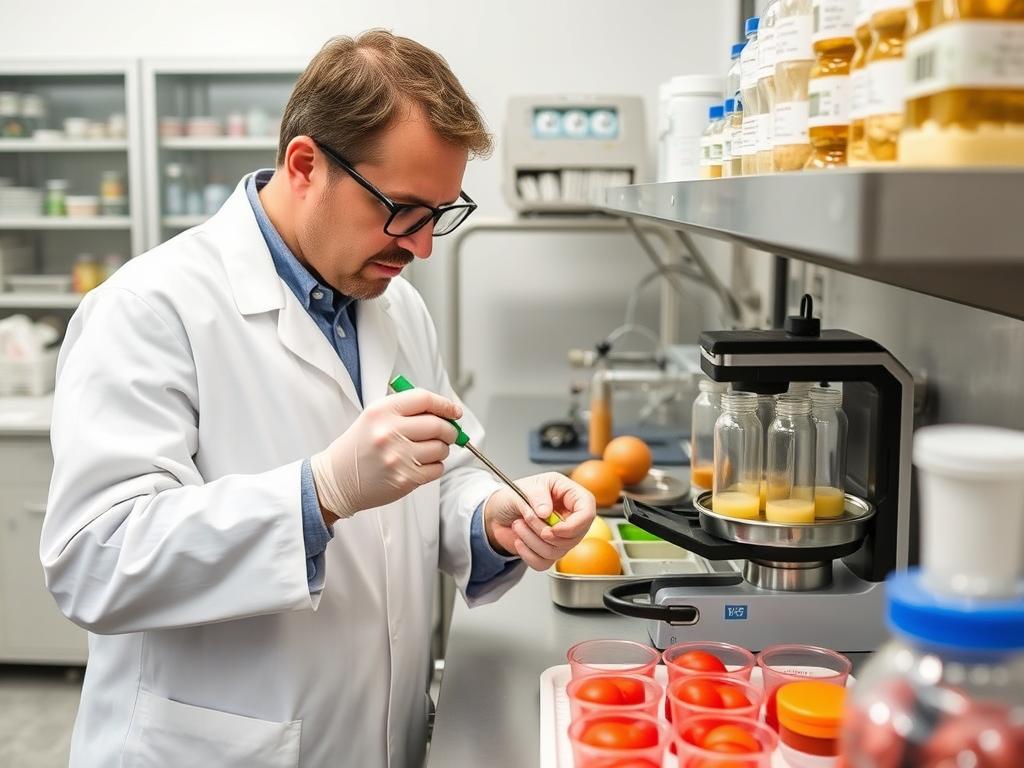
The Body’s Response to Processed Foods
When we consume highly processed foods regularly, our bodies respond with inflammation—the root of many chronic diseases. This inflammatory response can manifest as:
- Digestive issues and gut dysbiosis
- Insulin resistance and metabolic disorders
- Chronic inflammation in tissues and organs
- Hormonal imbalances affecting mood and energy
- Compromised immune function
Perhaps most concerning is how these foods can create addiction-like patterns in the brain. Studies have shown that ultra-processed foods can trigger dopamine release similar to substances of abuse, creating powerful cravings that override our natural hunger and fullness cues.
The result? A cycle of consumption that’s difficult to break, leading to weight gain, energy fluctuations, and increased risk for serious conditions like type 2 diabetes, heart disease, and certain cancers.
Food as Medicine: The Healing Power of Whole Foods
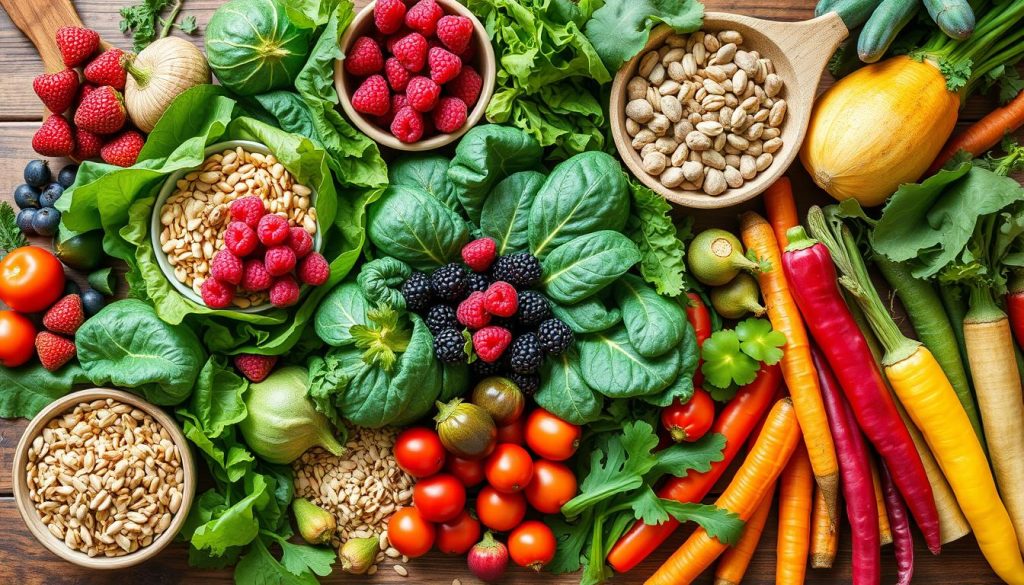
In stark contrast to processed foods, whole foods—those that remain close to their natural state—offer a powerful alternative that can prevent, and in some cases, reverse chronic disease.
Nature’s Pharmacy in Your Kitchen
Leafy Greens
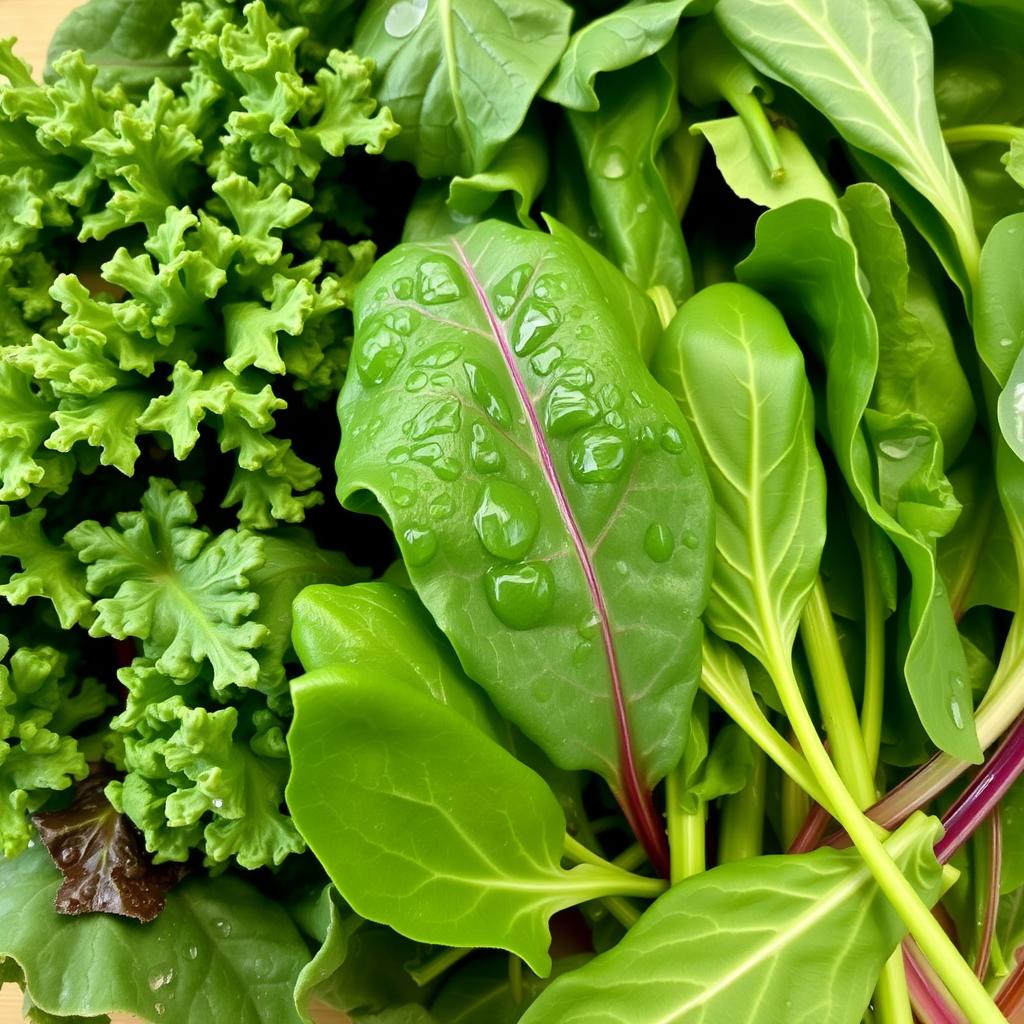
Spinach, kale, and other leafy greens are packed with antioxidants that combat oxidative stress and inflammation. They’re rich in vitamins A, C, E, and K, as well as minerals like iron and calcium.
Berries
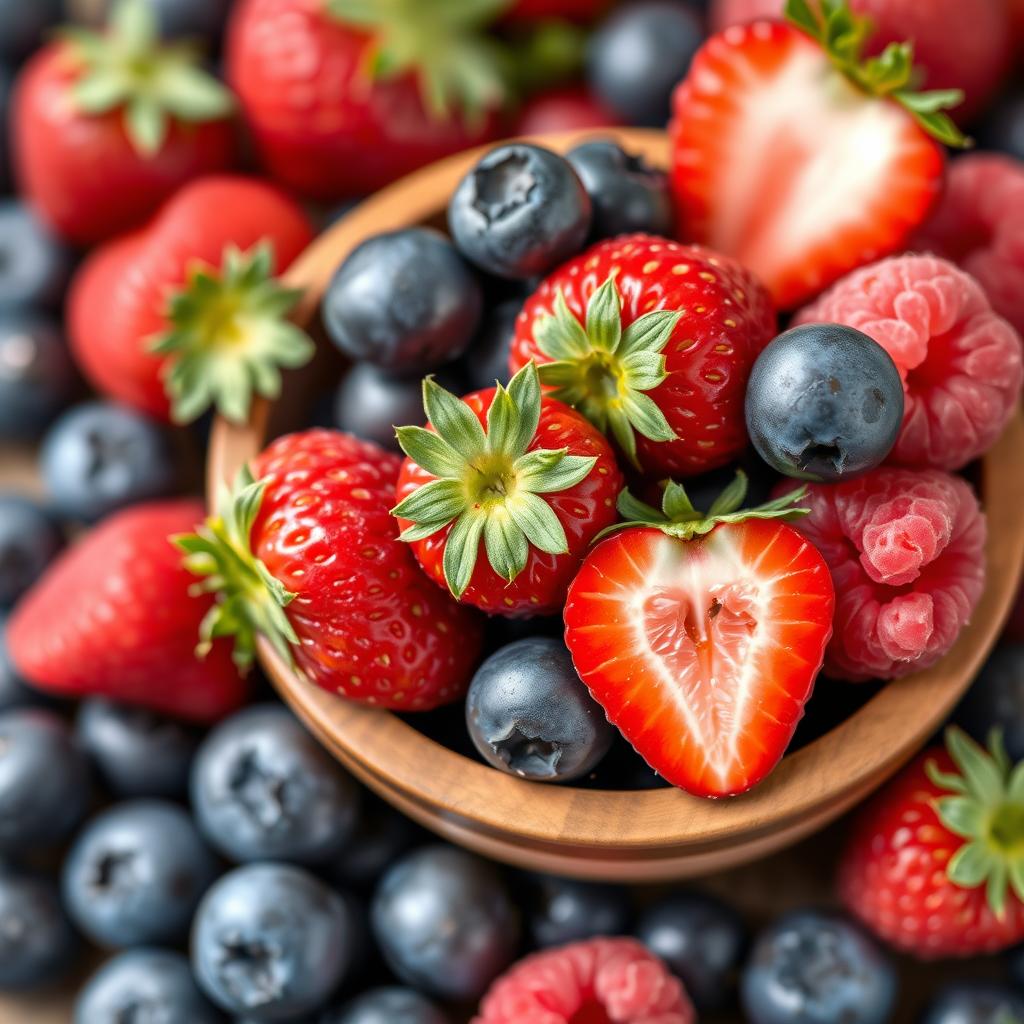
Berries contain powerful polyphenols that protect brain health and reduce inflammation. Studies show regular consumption can improve memory and delay brain aging.
Nuts and Seeds
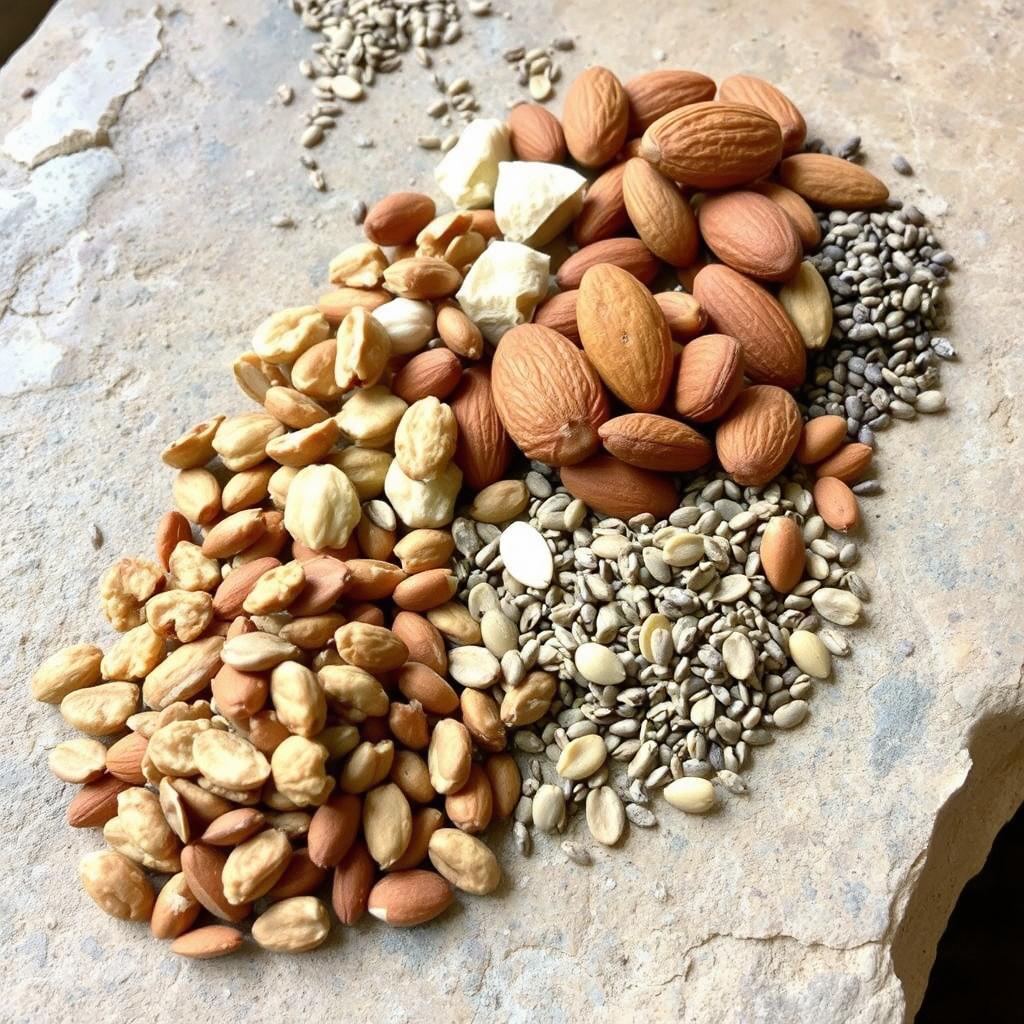
Walnuts, almonds, flaxseeds, and chia seeds provide essential fatty acids that support heart and brain health. They also offer protein, fiber, and micronutrients.
These whole foods don’t just provide calories—they deliver information to our cells, triggering beneficial genetic expressions and biochemical reactions. The complex array of nutrients in whole foods works synergistically in ways that isolated supplements cannot replicate.
Want to Learn More About Food as Medicine?
Our pharmacist Ben shares deeper insights about how specific foods can address health concerns and what your doctor might not be telling you about nutrition.
The Science Behind Food as Medicine

Research increasingly supports what traditional healing systems have known for centuries: food is one of our most powerful tools for preventing and addressing disease. Studies show that dietary patterns rich in whole, plant-based foods can:
- Reduce inflammatory markers in the blood
- Improve insulin sensitivity and blood sugar control
- Lower blood pressure and improve lipid profiles
- Support a healthy gut microbiome, which influences everything from immunity to mood
- Provide antioxidants that combat cellular damage and aging
The evidence is so compelling that many progressive healthcare systems now include “food pharmacies” and culinary medicine programs, where patients receive prescriptions for specific foods alongside conventional treatments.
Taking Control: Practical Steps for Better Food Choices

Empowerment begins with awareness and practical action. Here are concrete steps you can take to transform your relationship with food and harness its healing potential:
Become a Label Detective
Many processed foods hide behind health claims while containing problematic ingredients. Learn to decode food labels with these guidelines:
- Focus on the ingredient list, not just nutrition facts
- Choose products with fewer ingredients that you recognize
- Be wary of health claims on packaging
- Watch for different names for sugar (anything ending in “-ose”)
- Avoid artificial colors, flavors, and preservatives
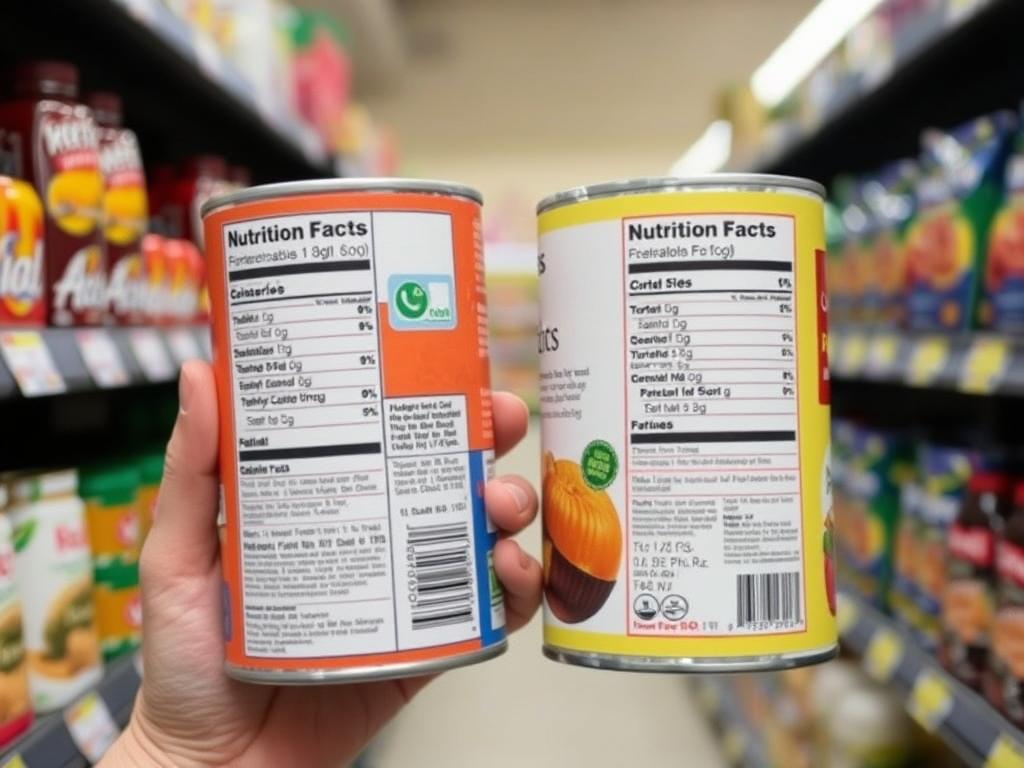
Meal Planning and Preparation
One of the most effective strategies for consistent healthy eating is planning ahead. When hunger strikes and no healthy options are readily available, we’re more likely to reach for convenient processed foods.
Weekend Prep
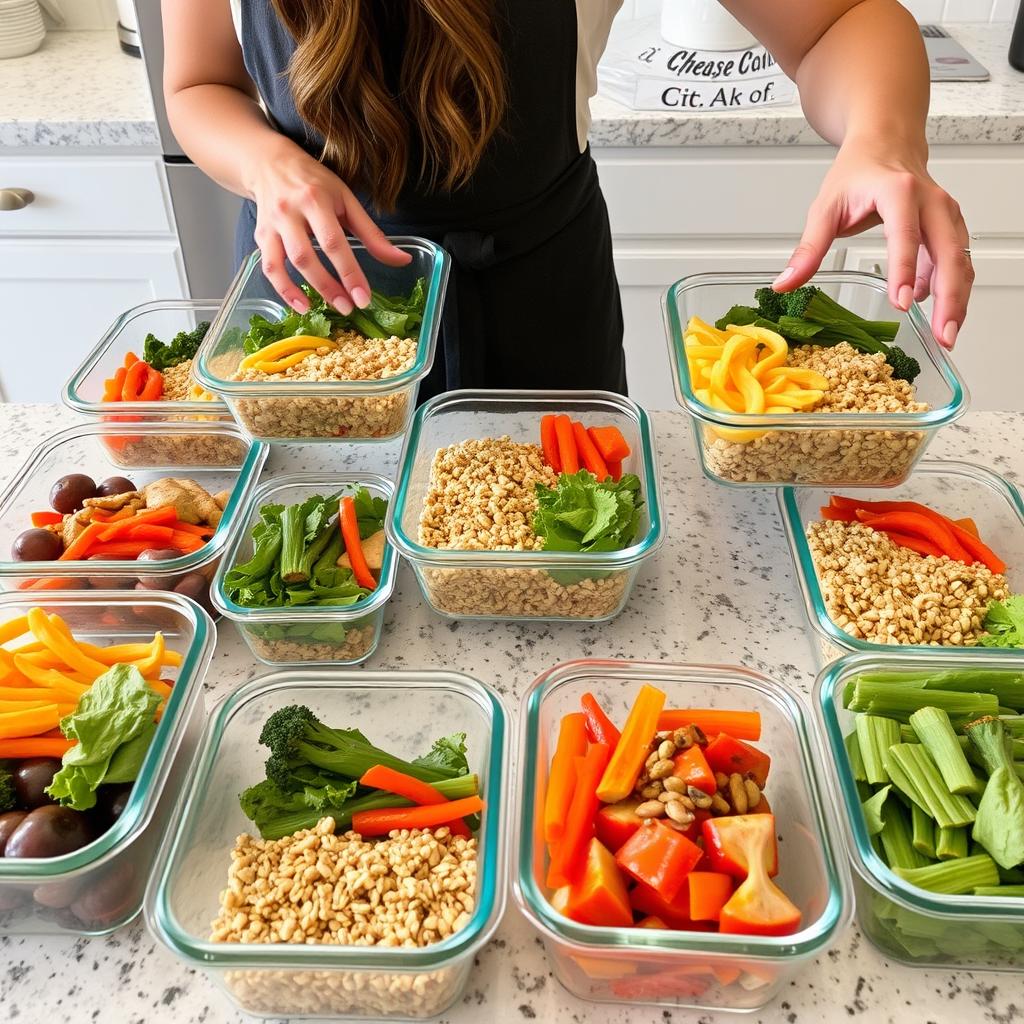
Dedicate a few hours each weekend to prepare staples like roasted vegetables, cooked whole grains, and protein sources that can be mixed and matched throughout the week.
Batch Cooking

Make large batches of soups, stews, or grain bowls that can be portioned and frozen for quick, nutritious meals when time is limited.
Smart Snacking
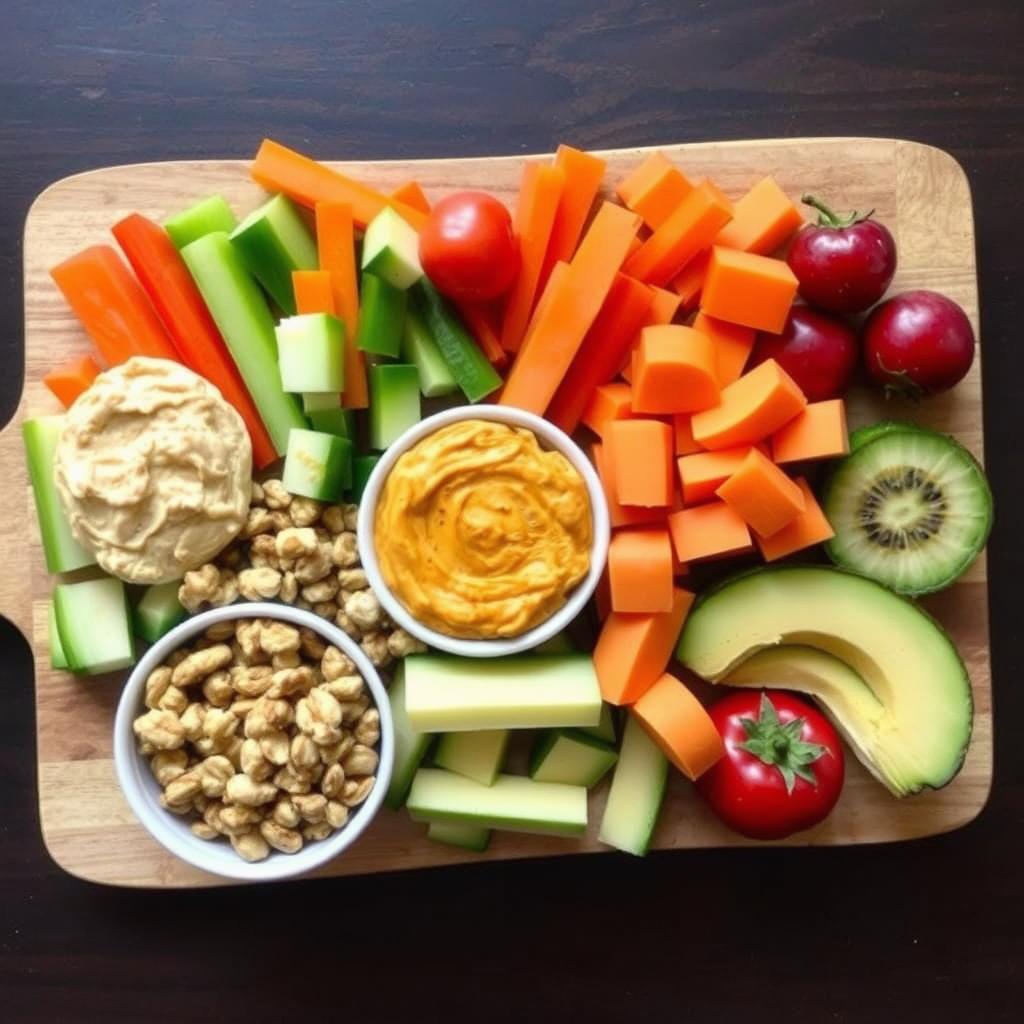
Prepare grab-and-go snacks like cut vegetables with hummus, apple slices with nut butter, or trail mix with nuts and dried fruit.
The Power of Incremental Change
Transforming your diet doesn’t have to happen overnight. In fact, gradual changes are often more sustainable. Consider these approaches:
- The crowding-out method: Focus on adding more whole foods rather than eliminating processed ones initially
- The 80/20 rule: Aim for 80% whole, nutrient-dense foods while allowing 20% flexibility
- One meal at a time: Start by transforming breakfast, then lunch, then dinner
- Ingredient swaps: Replace refined grains with whole grains, use natural sweeteners instead of refined sugar
Remember that every meal is an opportunity to nourish your body. Each food choice is either moving you toward health or away from it. The power lies in your hands—or more specifically, in your fork.
Your Next Meal is Your Next Opportunity

The science is clear: what we eat has profound effects on our immediate and long-term health. Processed foods, designed for profit margins rather than human wellness, contribute to chronic inflammation and disease. Whole foods, with their complex array of nutrients, can be powerful medicine.
Your fork truly is your power—a tool that you wield multiple times daily, making decisions that accumulate to shape your health destiny. With each meal, you have the opportunity to choose foods that heal rather than harm.
This journey toward healthier food choices isn’t about perfection but progress. It’s about becoming more conscious of what you eat and why. It’s about reclaiming your health through informed decisions that prioritize your wellbeing over convenience or momentary pleasure.
Continue Your Health Journey With Expert Guidance
Join pharmacist Ben for in-depth discussions about how food choices impact your health and what conventional medicine often overlooks. Get evidence-based information you can use to make better decisions for yourself and your family.
Remember: Your health is built one bite at a time. Choose wisely, and let your fork become the most powerful tool in your wellness arsenal.
